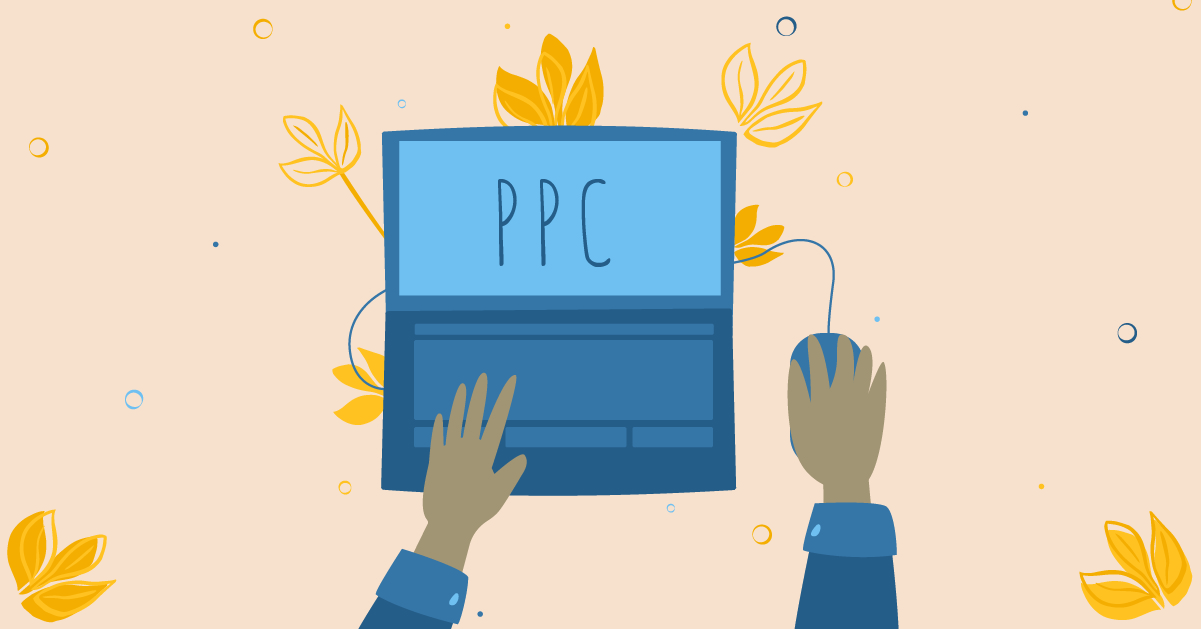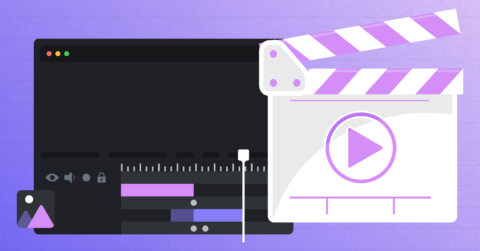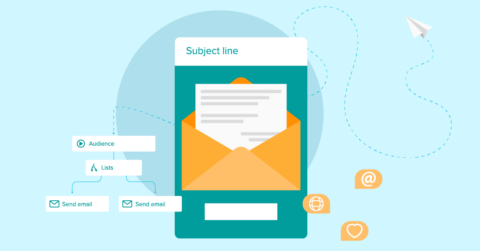
6 PPC Questions To Ask Before Getting Started
08/18/22
Digital Marketing
Pay-per-click advertising can be a great strategy for businesses looking to scale up. But to get the most bang for your buck, it pays to ask a few “PPC questions” before getting started.
Let’s look at six of them, as well as why they are so essential.
The 6 Most Important PPC Questions To Ask Before Getting Started
1) What does success look like?
Before running any PPC campaigns, you need to actually have a goal in mind. What are you trying to achieve, and what do you have to see to know that you’ve been successful? This is the purpose of the first PPC question. It forces you to understand what it is you’re trying to accomplish as well as a plan to make it happen.
Of course, answering this question can be difficult. Your business model, overall budget, and industry specific knowledge will have a big influence on what “success” actually looks like. Your answer may be totally unique compared to somebody else’s. For example, a new startup trying to get more customers will consider PPC success very differently than a new blog searching for email subscribers.
With that in mind, take a look at this article on different ways to measure the success of PPC ads. It will give you a much clearer path to accurately answering this PPC question.
2) How much are you willing to spend?
Related to the first PPC question, this one also forces you to think about how exactly you are going to approach your PPC campaigns. Because just about every company will have a limited budget when it comes to ad spend, this is an important question to consider ahead of time. So what is your budget?
There are a number of factors that go into answering this question. This includes:
- The price of your product
- How much money you’re already making
- How successful your email marketing is
Of course, there is one factor that is more important than all the rest: how much profit you expect to make through your ads. For that we go to our next PPC question…
3) What is my average value of a conversion?
Successful PPC campaigns are all about numbers. That’s because, in theory, you should be able to spend any amount of money on a conversion as long as the money you make back from that conversion is higher. It’s important to consider that with PPC ads, a “conversion” will usually be either new customers or new email subscribers.
The third of our PPC questions is essential. Think about it. If you sell a product for 1,000 dollars, and one out of every four people who see your ad clicks on it and buys, you can technically afford to spend 250 dollars on each person. This would bring you back to the “break even” point.
Knowing this in theory is the easy part. Actually getting these numbers (and gathering the data accurately) is where you can run into problems. Be sure to check out this guide by Digital J2 to determining your average value conversion. In it you will learn how to understand your PPC data as well as how to get started with an accurate system for tracking your most important numbers.
4) What are other companies doing?
What are some ads that you continue to see everywhere you go? These are ads that seem to pop up every single time you do a Google search or go on social media. This is likely an indication that the ad is performing well (check out our guide to competitive research for more background on this).
In addition, what are the ads that catch your attention? Think about why they do that. Take note on what works and what doesn’t. What do you find convincing about the different ads you see? What kinds of pictures do they use? How effective (or ineffective) is their copy?
Ads from other companies can act as a great learning experience. These are often huge companies that have a much higher ad budget than you do. They have a ton of data to work with and likely have a good idea of the kinds of PPC ads that people want to see. So be sure to pay attention; in a way, these bigger companies are doing the “split test” work for you!
5) How often will I change things?
As we point out in our ultimate guide to PPC, successful PPC campaigns require a fair bit of testing. That said, it’s also important that you give ads enough time to perform the way they will. No use putting an ad up and changing it 6 hours later. This is too soon to see any sort of meaningful results.
However, a certain amount of testing is essential to getting the performance that you are looking for. Neglect experimenting and your ads will almost certainly underperform. That’s why it’s important to understand what your appetite for change is, as well as how exactly you will change ads that aren’t profitable.
In any case, once you are ready to test something else, give our post on different split tests a look. In it we provide a list of different tests you can run and why they are important.
6) Will I hire an expert to do my ads?
The last of our PPC questions is all about who will run your ads. Do you have the knowledge required to make your ads work? Maybe you’ve run them in the past and know exactly how the process goes. Even if you haven’t, maybe you have other marketing skills that come in handy with ads (copywriting, for example).
Regardless, it’s important that you’re clear from the beginning who is responsible for setting up the ads. If it’s somebody outside of your organization, for example, you will need to take their fees into account when budgeting for ads. One of your own workers? In this case, extra expenses might come up with any training you want to provide them.
No matter what you decided, be very clear on who will be responsible for you ads. If you decide to do it internally, this clarity will help your person responsible integrate them into their day-to-day tasks.
…
Are you an enterprise, nonprofit or small business looking for help on your website? Give us a shout! We provide a free consultation. Email us at info@lughstudio.com or call us at (718) 855-1919!









